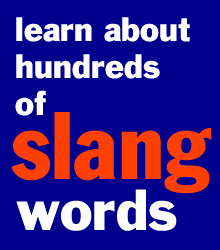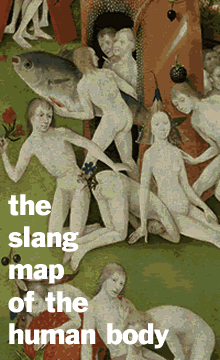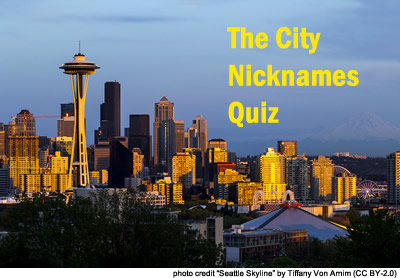gooseberry
Definition: (noun) An unwelcome chaperone or extra person on a date
Example: Though she'd gotten a sympathy invitation from Eleanor and Franklin, Lorena decided it would be better to stay home than play gooseberry at the prom.
Quote:
"I'll go, if I can walk with Pricilla and Charlie. That will be a bearable degree of gooseberry."
Gooseberry is a word with an interesting history. In the late eighteenth century, to play old gooseberry was to cause trouble for someone. At the same time, Francis Grose’s 1785 dictionary, The Vulgar Tongue, described a person with "dull grey eyes, like boiled gooseberries" as gooseberry-eyed.
Nearly eighty years later, Wilkie Collins wrote a character nicknamed Gooseberry into his detective novel The Moonstone. It's stated explicitly in the text that he got his name from the second meaning: "Mr. Bruff was accosted at the terminus by a small boy, dressed in a jacket and trowsers [sic] of threadbare black cloth, and personally remarkable in virtue of the extraordinary prominence of his eyes. They projected so far, and they rolled about so loosely, that you wondered uneasily why they remained in their sockets."
However, there is also a connection to the third meaning of the word, which is the feature of this newsletter. Gooseberry's job was to follow people around and see what they were doing, like a modern-day private investigator. While gooseberry with the meaning of unwanted chaperone is first recorded in an 1830s book on the Devonshire dialect, it gained popularity in the 1860s, when Collins' novel was published. Around the same time, gooseberry picker was used as a synonym, suggesting that such a person might hang around a couple on the pretext of picking gooseberries.
The word is no longer common, having been largely supplanted by the terms third wheel and fifth wheel. The 5th Wheel was also the name of a tawdry reality dating television show (happily cancelled in 2004) in which five extremely lustful people were put together and asked to choose partners. Both of those terms get their “extra” meaning from transportation, since we usually use two (bicycle) or four (first carriage, then car) wheels. Presumably, in cultures where three-wheeled carts are common, neither of these would work.



